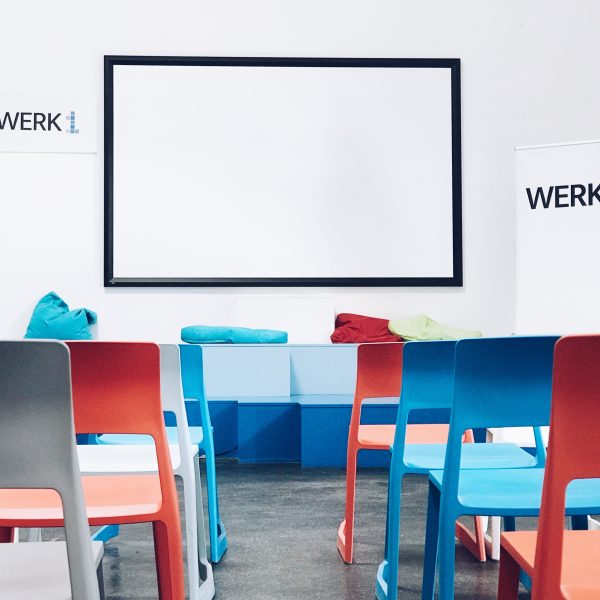For better parent engagement, automatically enrol them in text-based info programs

Having previously found that engaging parents in their children’s learning is made easier when done via text messaging, new research from Duke University’s Sanford School of Public Policy has found that parents’ participation in such programs can be boosted exponentially with one simple tweak: automatic enrollment, combined with the ability to opt out.
The new research appears in the Journal of Child and Family Studies, and offers support for text messaging as an effective, low-cost, scalable approach for engaging parents in their children’s learning. Some studies suggest text message interventions via tips for parents on how to support their child’s development can put young children’s learning two to three months ahead.
While the programs are beneficial, there can be some reluctance among parents to enrol, and, with this in mind, researchers designed a study to test strategies for increasing program participation.
Researchers from Duke, New York University and Brooklyn College compared different enrollment options for the text-based early literacy program, Talk to Your Baby. The text-based 26-week course is designed to promote early language development for children from birth to age three years.
The researchers studied 405 mothers who were receiving newborn home visiting services through a free, city-wide program in New York City. Using a randomised controlled study, the researchers tested whether changing the enrollment option from opt-in to opt-out affected mothers’ take up and completion of the early literacy program. Participants were predominantly low-income and racially and ethnically diverse.
Results show that when automatically enrolled with a voluntary option to opt out, 88.7 per cent of study participants stayed in the program for the full 26 weeks. In contrast, only 1 per cent of mothers in the control group – who heard about the program through conventional recruitment flyers – voluntarily enrolled in the program. The findings suggest parents’ desire to participate in the program may be high but their ability to follow through is challenging, researchers said.
The findings are especially important at this time, given the reliance on digital strategies for reaching parents during the COVID-19 pandemic, researchers said.
“A lot of time is spent in developing excellent and developmentally appropriate content for these programs and relatively little time is spent understanding how to make it easy for parents to engage,” lead author Lisa Gennetian said.
“Preserving parents’ choice to enroll in programs, especially those that are universally accessible and free, matters and we learned from this study that automatic enrollment minimises burden on parents and can have enormous benefits in ways that do not interfere with their freedom,” she added.
The study is the amongst the first to show that automatic enrollment is a promising strategy for increasing participation in early language and learning programs.
The study also showed the decision to stay in the program or opt out remained consistent for various subgroups. For instance, it made no difference whether this was a first birth or whether the other received public benefits. Such characteristics are sometimes cited as interfering with program participation.
“Opt-out strategies are liberally used in many aspects of our life, from organ donations to decisions about retirement benefits, and they are effective when done carefully,” Ms Gennetian said. “Why wouldn’t we make life easier for parents and apply the same strategy of automatic enrollment with the ease of opting out?”
To access the research in full, please see here.
Popular

Workforce
Quality
Research
When did it start to go wrong?
2025-12-18 08:00:46
by Fiona Alston

Quality
Practice
Research
Small ways to teach babies and toddlers body safety and consent in early learning
2025-12-15 08:00:40
by Fiona Alston

Quality
Research
Food safety in early learning centres: Protecting children through better practices
2025-12-15 07:45:24
by Contributed Content















